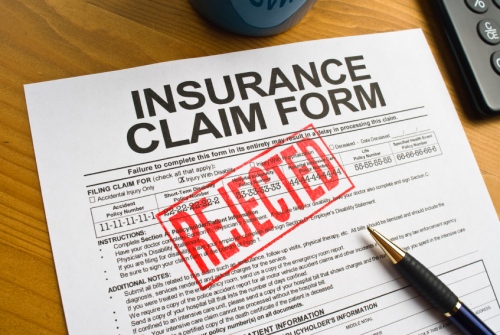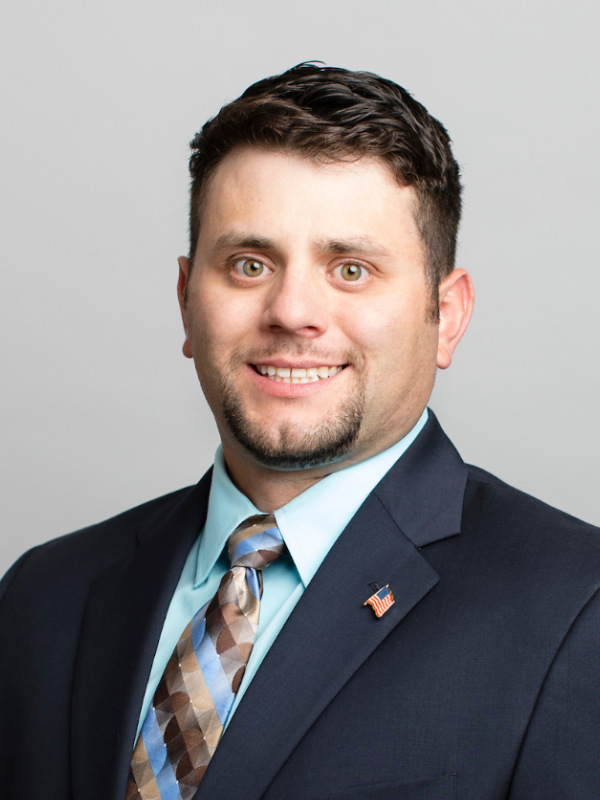 When a loss occurs at your feeding operation, it can be a devastating time. Obviously, insurance can help minimize the devastation. However, you must have the right insurance and be able to stay out of the many insurance exclusions. Insurance coverage is costly, and an owner may assume the premium price covers all the perils but there are often exclusions preventing the needed coverage.
When a loss occurs at your feeding operation, it can be a devastating time. Obviously, insurance can help minimize the devastation. However, you must have the right insurance and be able to stay out of the many insurance exclusions. Insurance coverage is costly, and an owner may assume the premium price covers all the perils but there are often exclusions preventing the needed coverage.
The very common “care, custody, or control exclusion,” removes liability coverage for loss of property when it is not cared for by the true owner. Feeding contracts are prime examples of this: someone else owns the livestock, but you are hired for the feeding. This means when the livestock is suffocated, potentially during a manure application where there is insufficient ventilation, the cost of the loss will fall on the owner of the feeding operation, even though they believe they are covered. In this situation, a custom feeding endorsement is needed to provide coverage.
Of course, purchasing a custom feeding endorsement is not a fail-safe step to ensure all coverage. The endorsement itself may cover certain situations but may not properly override the original exclusion for “property in the care of the contract feeder.” The differences may be whether the damage is caused by the property or is suffered by the property. For instance, if the livestock causes damage by breaking a pipe causing flooding it is covered by an endorsement, but if the livestock ends up drowning due to the burst pipe burst the livestock is not covered.
A final important coverage consideration is to consider whether the feeding contract shifts liability through an indemnification clause. If so, then the feeding operator needs to ensure the policy is updated to provide coverage in an indemnity situation. Insurance coverage agreements frequently exclude coverage for any loss the insured would not be responsible for notwithstanding an indemnity clause. For instance, a feeding operator is not usually liable for losses incurred in the sale of livestock for less than market value. However, where the feeding operator has accepted responsibility for market loss through an indemnification clause, the insurance agreement may not cover these losses.
In sum, it is very important to review your insurance coverage policy. The language of the policy and the applicable endorsements or exclusions need to reflect both the coverage the feeding operator needs as well as the coverage the feeding operator believes they are paying for. A good practice is to request a coverage determination from your insurance provider. A better practice is to have your experienced legal counsel review your operation and the insurance policy to ensure you are covered for the appropriate losses.
The article was authored by Pat Wier, associate attorney at Lamson, Dugan & Murray LLP



Leave A Comment